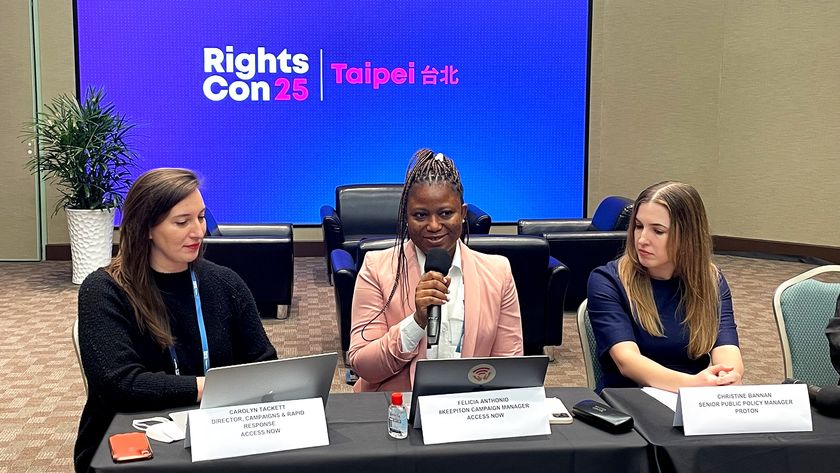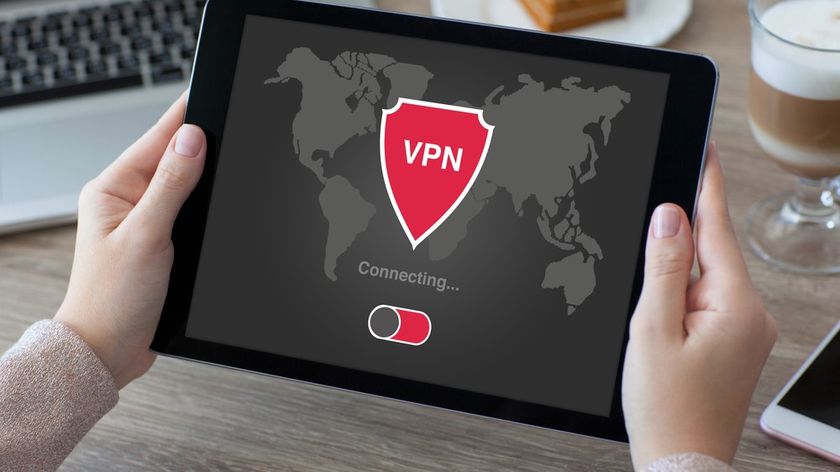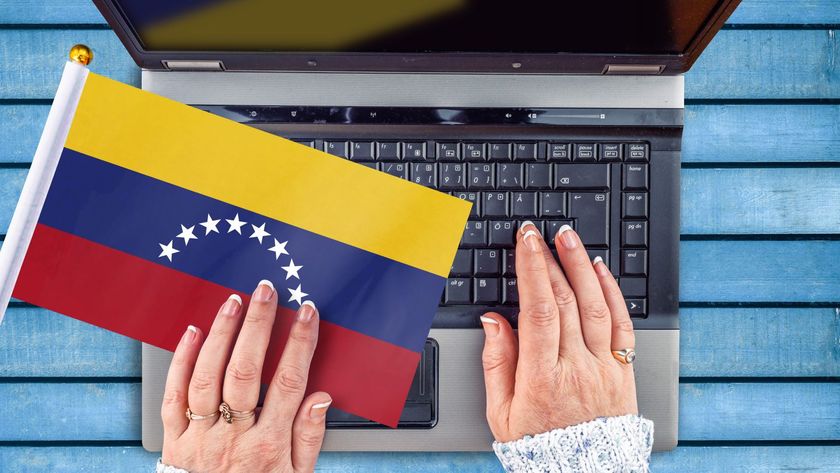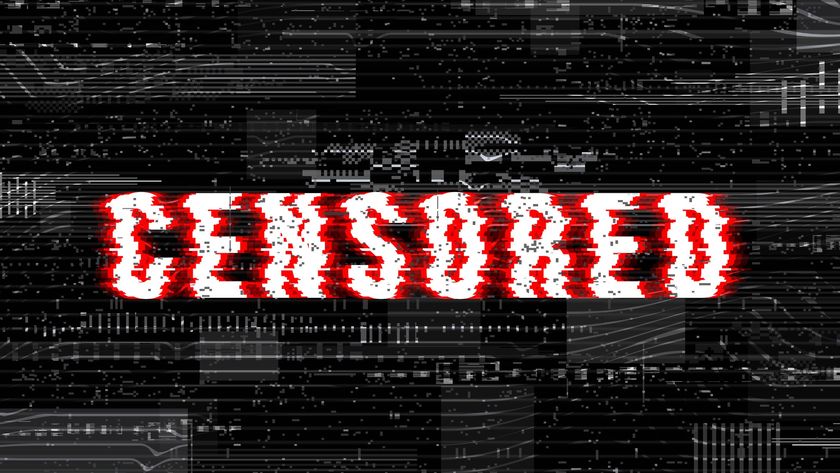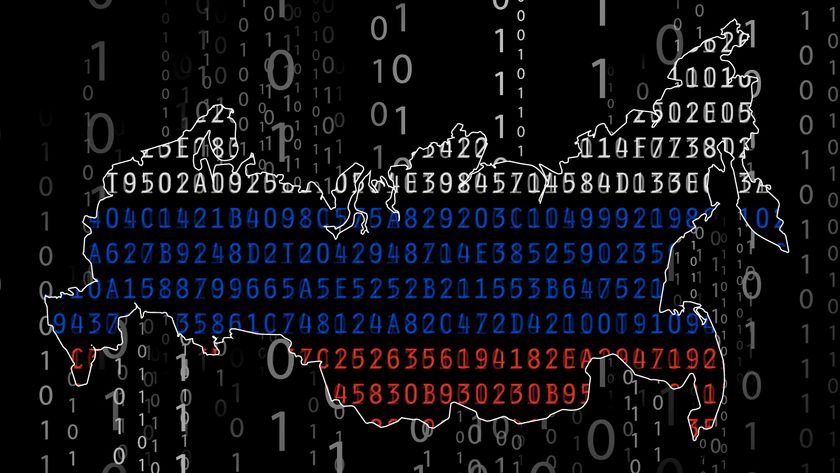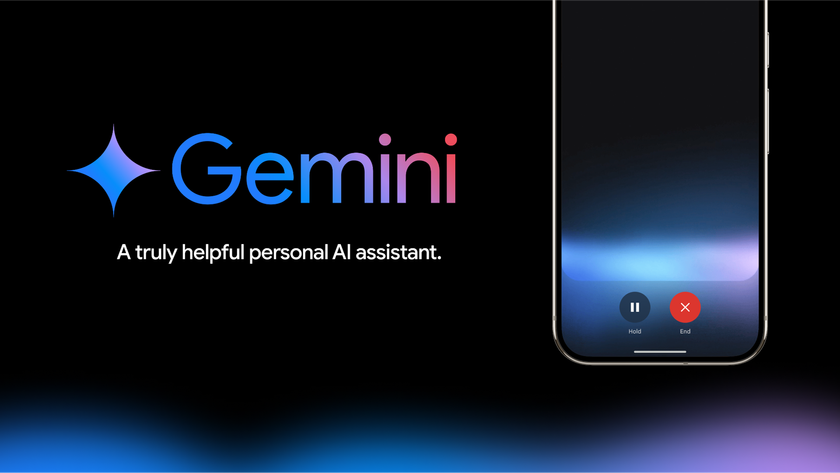Top VPN provider doubles down on its fight against online censorship
Proton VPN unveiled three major updates
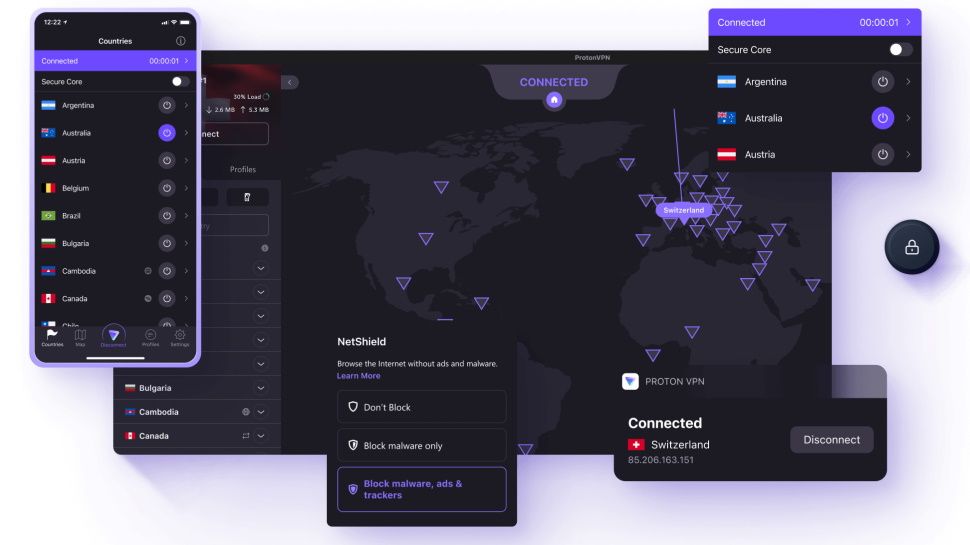
As the internet becomes increasingly restricted, one of the best VPN providers has beefed up its fight against online censorship.
Virtual private networks (VPNs) are vital tools for people living under strict censorship thanks to their IP spoofing capabilities that allow users to access otherwise geo-restricted content. In 2024 alone, Proton VPN recorded usage spikes in 12 countries as users sought to bypass government-imposed internet restrictions.
However, as this usage increases, VPNs have become the next target for authorities. This is why Proton unveiled three major updates designed to better support its users in navigating the consequences of internet disruptions.
1. Discreet Icon
Launched on Proton's Android VPN only at the time of writing, Discreet Icon allows users to customize the app's icon and name to make it look like another unrelated phone application.
As David Peterson, General Manager at Proton VPN, explains, it's becoming increasingly common among authoritarian governments to go beyond technical measures to halt the use of VPN services. "Certain countries have even begun demanding citizens hand over their smartphones for physical inspection," he added.
We recently reported how authorities used this tactic to enforce the Myanmar VPN ban. Soldiers have reportedly inspected the phones of random pedestrians on the lookout for the illegal app, with some residents suffering fines of up to 3 million kyats ($1380), or arrests if they couldn't pay.
The Discreet Icon is an easy way to help Android users protect themselves in the event of a random search.
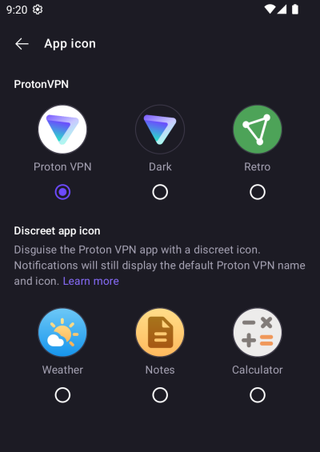
2. Windows Stealth
With VPN censorship measures getting more and more effective, VPN providers need to keep improving their capabilities to evade government control.
It's with this in mind that Proton VPN developed its Stealth VPN protocol two years back. By harnessing VPN obfuscation techniques, the protocol is designed to make VPN traffic look like normal internet traffic and bypass sophisticated government censorship.
While the Stealth protocol was already available on Android, iOS, and Mac VPN apps, Proton has now unveiled the Windows Stealth counterpart.
3. More servers in critical areas
In 2023 alone, digital rights advocacy group Access Now recorded 283 internet shutdowns alongside an increase in platform blocks worldwide – the "worst year" for internet freedom since 2016. 2024 is set to continue this backsliding trend.
Proton is also unveiling new servers across 12 countries at high risk of censorship and internet shutdown.
The team chose these new locations based on the areas at the bottom of the Freedom House Index and the Democracy Index. These are Afghanistan, Bahrain, Eritrea, Ethiopia, Iraq, Kuwait, Libya, Saudi Arabia, Sudan, Tajikistan, Turkmenistan, and Yemen.
This boost in network coverage adds to the company's election support initiative launched back in March. The goal here is to offer a free VPN network of dedicated anti-censorship servers to all users logging in from at-risk countries a week before and after the election period.
"Protecting free speech and fighting censorship is a core part of our mission and we're committed to doing what we can to help users around the world," said Peterson. "With today’s announcements, we hope to give people the tools they need to bypass censorship and access a free and fair internet, wherever they are."
Disclaimer
We test and review VPN services in the context of legal recreational uses. For example:
1. Accessing a service from another country (subject to the terms and conditions of that service).
2. Protecting your online security and strengthening your online privacy when abroad.
We do not support or condone the illegal or malicious use of VPN services. Consuming pirated content that is paid-for is neither endorsed nor approved by Future Publishing.

Chiara is a multimedia journalist committed to covering stories to help promote the rights and denounce the abuses of the digital side of life – wherever cybersecurity, markets, and politics tangle up. She writes news, interviews, and analysis on data privacy, online censorship, digital rights, cybercrime, and security software, with a special focus on VPNs, for TechRadar and TechRadar Pro. Got a story, tip-off, or something tech-interesting to say? Reach out to chiara.castro@futurenet.com


